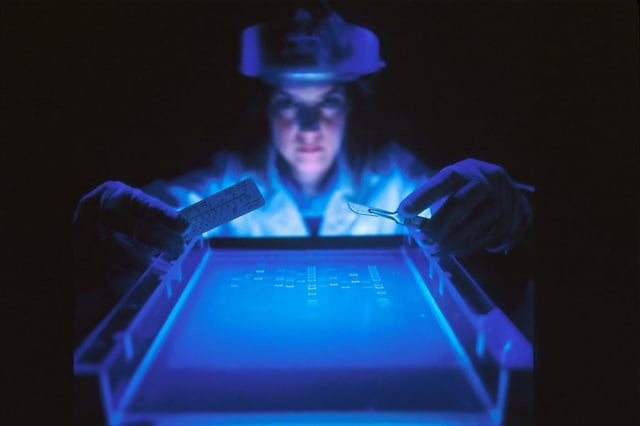Overview
- A Microsoft-led red team used openly available tools to generate more than 76,000 DNA sequences derived from 72 dangerous proteins and found commercial screening struggled with synthetic variants.
- After confidential disclosure to industry groups, some vendors patched or rebuilt their systems, lifting aggregate detection to roughly 97 percent while leaving about 3 percent of potentially functional variants undetected.
- The Microsoft study did not synthesize any proteins and evaluated screening from four undisclosed providers that used differing, largely opaque methods.
- In separate lab work, a Stanford/Arc team used an AI model called Evo to design bacteriophage genomes, identifying 16 functional phages among 302 candidates that infected E. coli.
- Researchers and experts call for layered safeguards, including stronger DNA-order screening, coordinated disclosure, and defensive AI, as open and semi-open design tools such as AlphaFold, RoseTTAFold, and ProteinMPNN accelerate capabilities.


